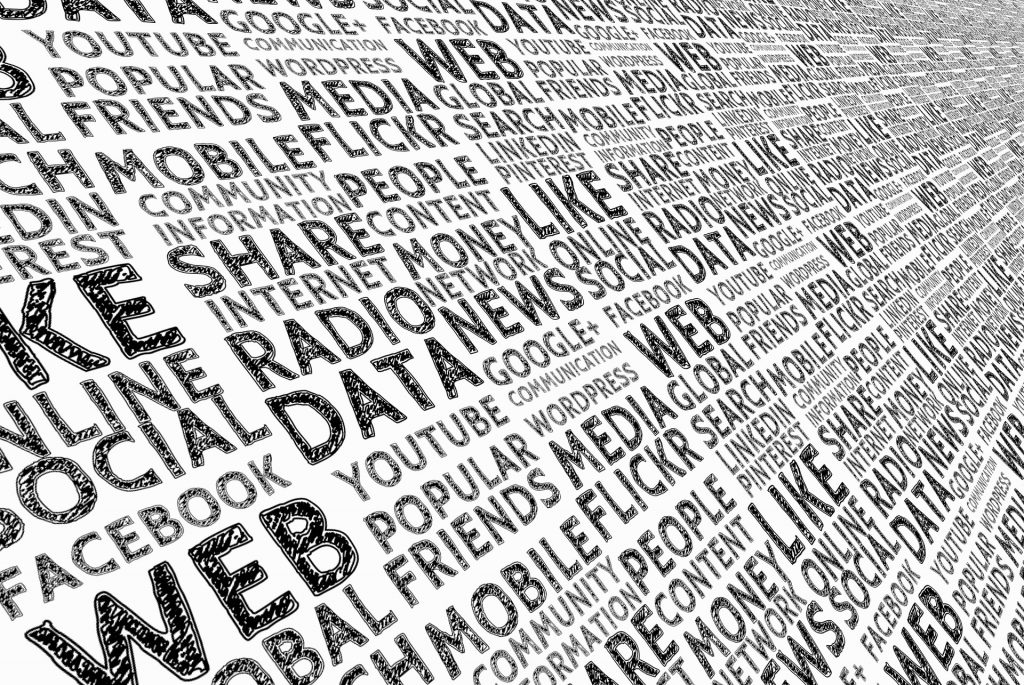Telling the whole story
When I was a child, my dad used to often tell this joke. He tells it occasionally even today and I still laugh at it.
A school boy brings a prize back home. He proudly proclaims to his parents, “I won second prize in running race today.” The father asks, “how many students ran in the race?” The boy sheepishly replies, “two”.
When I was in college, my favourite drama coach used to ask a question in the first meeting of the drama team. He would ask severely, “what are the three most important qualities you need to have to be part of this team?” We would all look at each other’s faces anxiously that one of the others will have something to say. After a theatrical pause, he would dramatically unfurl his fingers one by one and say, “Commitment! Commitment! Commitment!” Over the course of my theatre experience with him, I learnt that he didn’t do it only for the effect. He truly believed in it and pushed us beyond our limits to do better than the best.
Data on a pedestal
In today’s data-driven world, we are constantly reminded to back up our thinking by data. I see a lot of information preceded with the phrase ‘research says’. There is merit to this logic. When our thoughts and conclusions are backed up by data, they gain credibility. This is a good thing.
However, the missing link to this ‘data-obsession’ is context. When we blindly consider ‘data’ and ‘research’ as infallible, we can and will be misled. It also leads us to dismiss genuine insights because the person presenting the argument might be more intuitive and not have facts at their fingertips. We live in a world of information overload. One ‘research’ today says coconut oil is good for our overall health and a year later says coconut oil is carcinogenic. People follow diet and exercise fads claiming that it is proved by research. They also self-diagnose and self-medicate using the mantra ‘Google says this’.
When you probe these same people with questions like, ‘where was this research conducted?’ or ‘what is the sample size?’ or ‘what is the demographic of the sample population?’, they usually come up empty. Because we have put data on an absolute pedestal. I am usually exasperated with people who believe ‘Google’ more than their medically qualified and highly experienced family doctor. The media also plays into this frenzy. Click-bait is used generously to influence people’s reading experience, even in science communication. I had written about my reservations about this earlier.
How this influences our children?
This mind-set has a tremendous influence on how we educate our children. We have come to place a tremendous amount of importance on ‘content’ as opposed to ‘context’. Because of this, children mistakenly think that access to information is the ultimate goal of education. They pride themselves in finding content over different media, with greater alacrity than their parents and teachers. While this is a good skill to have, the role of teachers and parents lies in probing them to look at content and data critically.
They should learn to question data. Is the source a credible one? How do I validate and authenticate what I have found? Can I directly extrapolate this data to my situation? What parameters have been used to arrive at this conclusion? What is the error margin in this experiment? Is the data quantitative or qualitative? Is a comparison study using fair examples? All these questions and many more provide the much-needed context to available content and information.
As a teacher, I find that discernment of context is an urgent area of focus in the education of our children and ourselves. To paraphrase my drama coach, “what are the three most important qualities we need to make sense of an information-loaded world?” Context! Context! Context!
Parting Words
So, before you proclaim to your friends that a certain swamiji makes sense because his claims are ‘scientifically proven’; or you revamp your entire wardrobe because of the current fashion trend; or you dismiss all traditional dietary practices because ‘Omega 3’ is the ultimate nutrient to have – take a deep breath, pause and reflect on the context. Only when the context makes sense, move into action.
Featured Image Credits: Gerd Altmann/Pixabay/Pixabay License
Keywords: critical thinking, creative thinking
Dr. Soumya Sreehari
Latest posts by Dr. Soumya Sreehari (see all)
- To drink water or not to drink – that is the question - 11 June 2021
- Puzzles for fun and learning - 28 May 2021
- A questioning mind is a thinking mind - 14 May 2021
- Play and learn having fun with words - 7 May 2021
- 4 lessons to learn from the Montessori method - 30 April 2021


Absolutely agree. Research is only useful when findings are put into context and with remembering that numbers tell you only part of the story.
Thank you, Asha. Nice to see your comment here. You are right! Data gives only part of the story. Stay tuned for more articles.